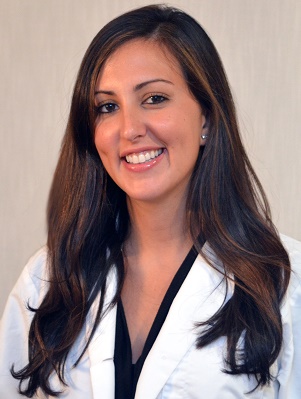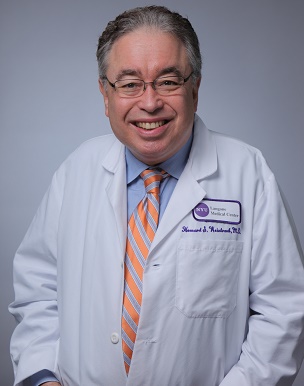Top News in Prevention: 2018
Cholesterol guidelines, price reductions for the PCSK9 inhibitors, and the REDUCE-IT trial were among the big stories in preventive cardiology this year.
In the arena of cardiovascular disease prevention, this year saw the introduction of new cholesterol guidelines from the American College of Cardiology and American Heart Association, and these recommendations provided much needed guidance on how to use ezetimibe and/or PCSK9 inhibition in selective high-risk patients, according to experts.
Fatima Rodriguez, MD (Stanford University, CA), told TCTMD the new cholesterol guidelines are not a revolutionary departure from the 2013 iteration. But one critical addition, she said, is that they now direct physicians to start nonstatin therapies when statins fail to achieve sufficient LDL-lowering or when the patient is intolerant to therapy.

Similarly, Howard Weintraub, MD (NYU Langone Medical Center, New York, NY), also saw the updated cholesterol advice as an important development this year. Instead of returning to treatment targets, as some speculated they might, the guidelines establish a threshold for starting or intensifying therapy as needed. Although they provide a fair amount of discretion for physicians—wiggle room, as Weintraub called it—the recommendations clearly state that in “high-risk cardiovascular disease patients, if LDL cholesterol is higher than 70 mg/dL, you need to do something,” he said.
“The guidelines are also a little more lenient on when to start statins for primary prevention in response to some of the backlash from overusing statins and the overestimation of cardiovascular risk,” said Rodriguez. She noted that allowing physicians to screen for coronary artery calcification aids in shared decision-making and can eliminate intermediate-risk patients who don’t need treatment.
For Weintraub, the decision by Amgen to reduce the list price of their PCSK9 inhibitor evolocumab (Repatha) was also an important story in 2018. The company reduced the price of the drug by 60%, cutting the cost from over $14,500 to $5,850 per year. “For somebody who treats lipids and who has a lot of patients on the PCSK9 inhibitors, the lower price is going to improve availability, particularly for the Medicare Part D patients,” said Weintraub.
In May, manufacturers of the other market-approved PCSK9 inhibitor, Regeneron and Sanofi, also agreed to cut the price of their drug alirocumab (Praluent) as part of a new arrangement with Express Scripts, the largest pharmacy benefits manager in the United States.
REDUCE-IT
Both Weintraub and Rodriguez cited the REDUCE-IT trial with a prescription omega-3 fatty acid formulation (Vascepa; Amarin) as another hot story this past year.
“It’s the first trial to show that a very purified fish oil can reduce cardiovascular outcomes,” said Rodriguez. “It’s surprising because all of the other studies have been negative, and the mechanism of action is still uncertain, but really we haven’t had anything like this that can reduce the risk beyond statins since the PCSK9 inhibitors. I really think this will change clinical practice.”

Weintraub made similar comments, and added that REDUCE-IT hit on the “right patient, on the right drug, on the right dose” to show such a dramatic 25% reduction in cardiovascular events.
Negative studies of aspirin in the primary prevention space were also big news in 2018, according to Rodriguez. Trials such as ASPREE, ARRIVE, and ASCEND were important because aspirin was once considered “no big deal” among patients and doctors, but now evidence confirms it can cause bleeding without providing any benefit in elderly patients who are otherwise healthy, she said.
“I saw patients in clinic yesterday and they’re just on it,” said Rodriguez. “It probably comes more from the primary care world than cardiology, but it really shows that everything in medicine comes with a benefit-risk ratio and even medicines that we think are benign, like aspirin, can cause significant problems.”
Other studies and trends that caught the attention of physicians in this space in 2018 include the continued success of two new classes of diabetes medications—the SGLT2 antagonists and GLP-1 agonists—for reducing cardiovascular events, including studies such as DECLARE-TIMI 58 and PIONEER 6, among others. Additionally, further highlights of 2018 were the negative CIRT trial and a small, phase-II dose-ranging study showing that an experimental antisense oligonucleotide inhibited the production of apolipoprotein(a), said Rodriguez and Weintraub.
Click here for more from TCTMD’s 2018 Year in Review.
Michael O’Riordan is the Managing Editor for TCTMD. He completed his undergraduate degrees at Queen’s University in Kingston, ON, and…
Read Full BioDisclosures
- Rodriguez and Weintraub report no conflicts of interest.


Comments